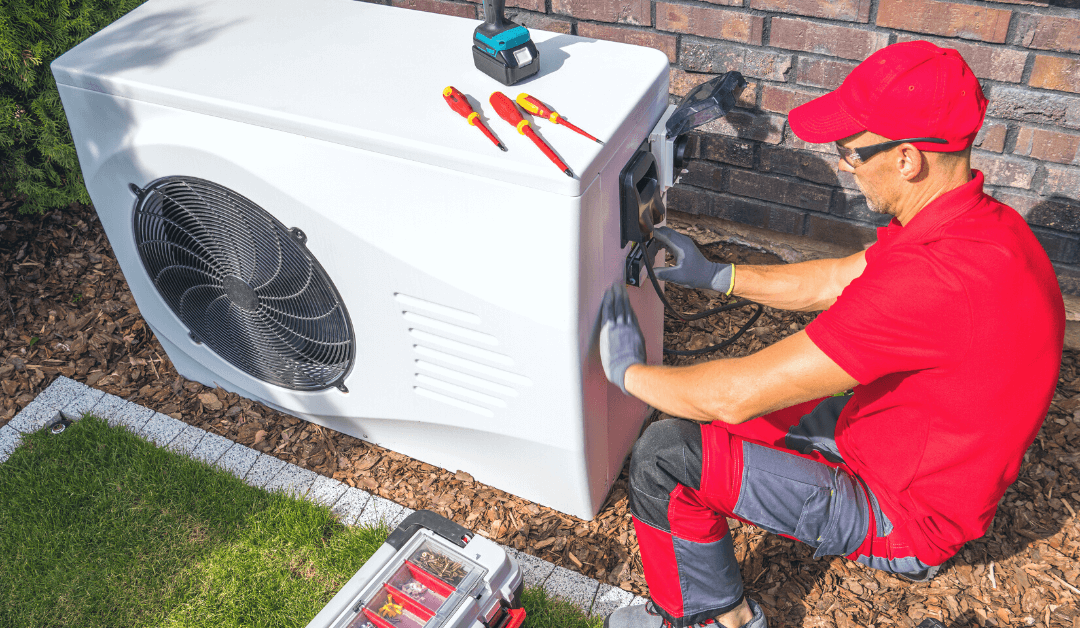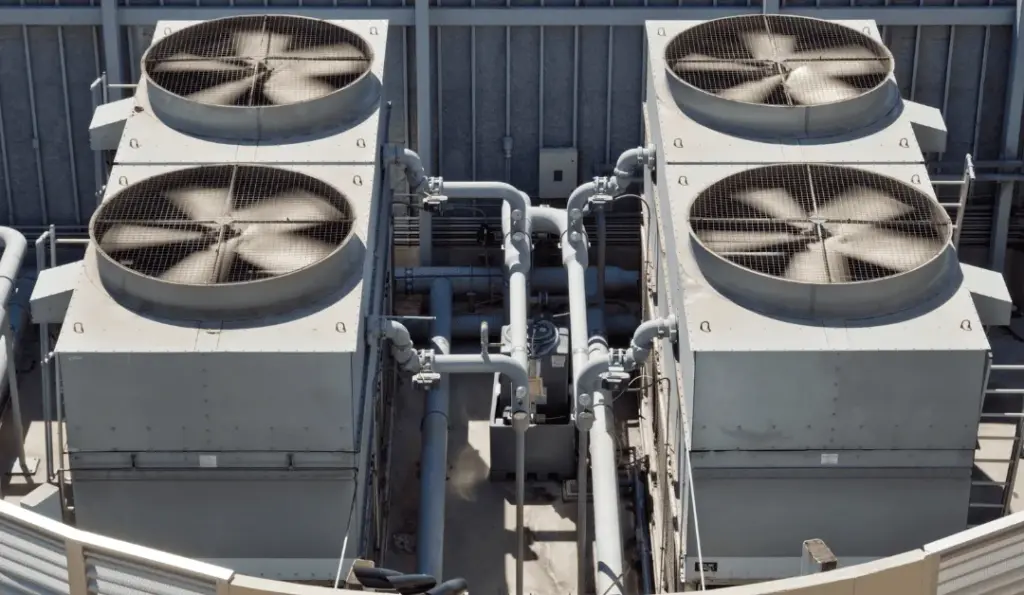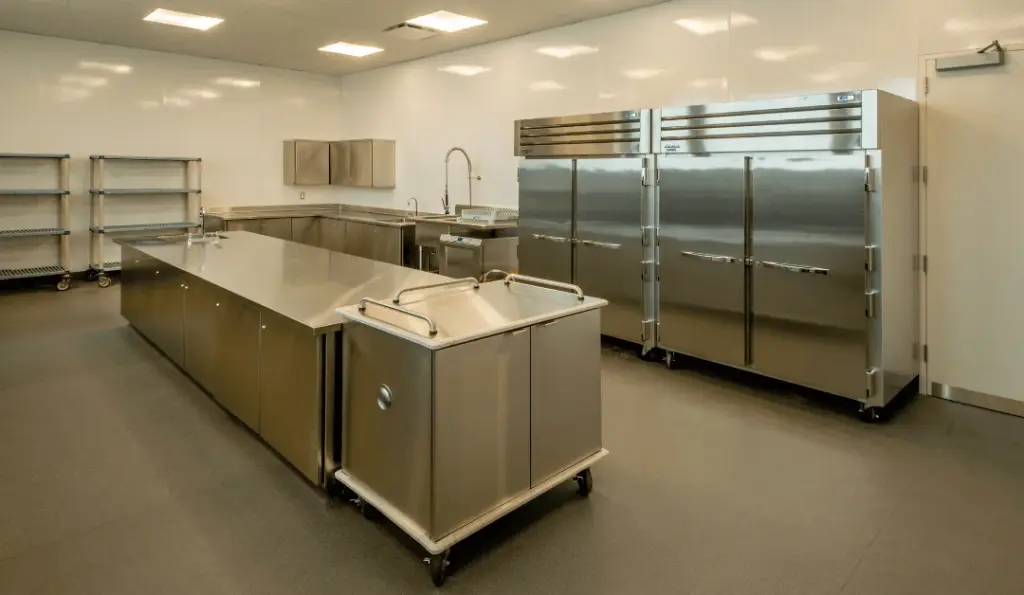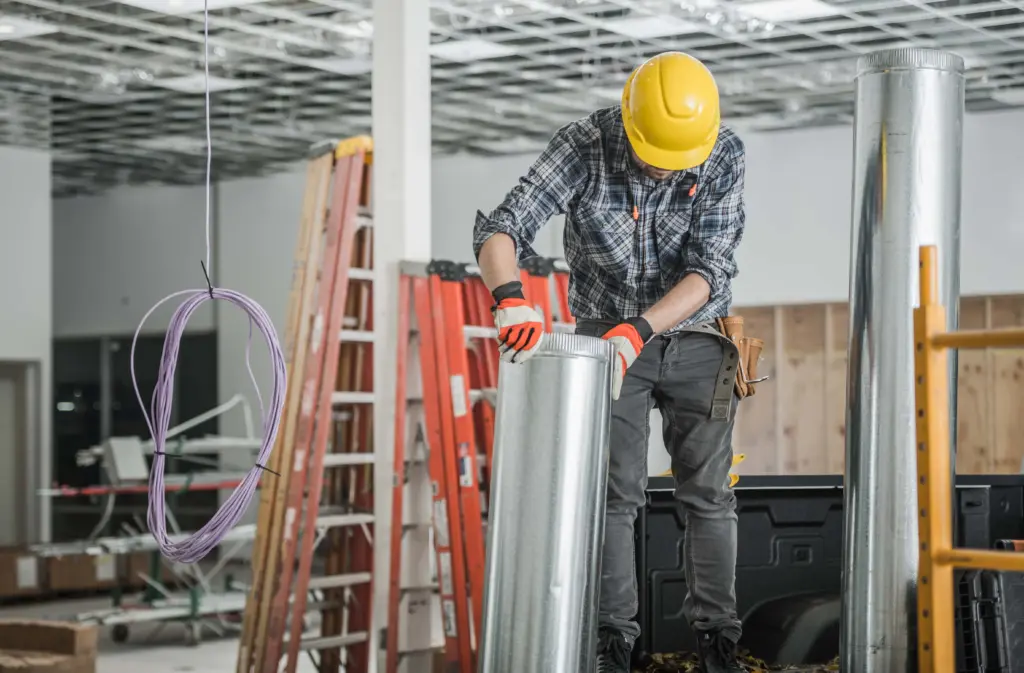The efficiency and longevity of a commercial HVAC (Heating, Ventilation, and Air Conditioning) system is of prime importance for business owners, building managers, and commercial property investors. These systems play a pivotal role in ensuring a comfortable environment and are often a significant investment. As such, it’s only natural to wonder: How long should a commercial HVAC system last? Keep reading with Service Tech to find out.
How Long Should A Commercial HVAC System Last?
The Average Lifespan
The average lifespan of a commercial HVAC system is typically between 15 to 20 years. However, several factors can influence this timeline, including the system’s design, quality of installation, usage patterns, and maintenance routines.
Factors That Influence Lifespan
- Quality and Type of Equipment: Not all HVAC systems are created equal. Premium brands with higher-quality components tend to last longer, while cheaper alternatives might not have the same endurance. Additionally, certain types of systems, like geothermal HVAC units, have components that can last longer than traditional systems.
- Installation: A correctly installed HVAC system operates more efficiently and generally lasts longer. Hiring experienced professionals for the installation can prevent potential issues that lead to premature system failure.
- Usage Patterns: An HVAC system in a building that’s constantly occupied will likely wear out faster than one in a space that’s used less frequently. The more frequently a system cycles on and off, the more wear and tear it undergoes.
- Maintenance: Regular maintenance is perhaps the most significant factor in extending an HVAC system’s lifespan. Scheduled inspections, timely replacements of worn-out parts, and prompt repairs can keep a system running efficiently for years.
Signs Your HVAC System Might Need Replacement
While the 15-20 year range provides a general guideline, some symptoms might indicate your system needs attention or replacement sooner:
- Rising Energy Bills: If you notice a significant uptick in your energy costs without a corresponding increase in usage, it might be due to declining HVAC efficiency.
- Frequent Repairs: An occasional repair is expected, but if you find yourself constantly calling in technicians, it might be more cost-effective to replace the entire system.
- Uneven Heating or Cooling: If some areas of your building are too hot while others are too cold, it might indicate issues with the HVAC system or its ductwork.
- Unusual Noises or Odors: Strange sounds or smells emanating from your HVAC system can be a sign of underlying issues.
Benefits of Timely Replacement
Proactive replacement of an aging HVAC system can offer several benefits:
- Cost Savings: Newer systems are generally more energy-efficient. While there’s an upfront cost, the savings in monthly energy bills often justify the investment.
- Better Air Quality: Modern HVAC systems come with advanced filtering options, improving indoor air quality which can lead to a healthier work environment.
- Eco-Friendly: Newer models are often more environmentally friendly, utilizing green technologies that reduce the carbon footprint.
Extending the Life of Your Commercial HVAC System
To truly harness the maximum lifespan of your commercial HVAC system, proactive measures are indispensable. At the heart of this is routine maintenance—regular check-ups, filter replacements, duct cleaning, and inspecting components for wear and tear are essential steps to ensure the system’s optimal performance. Introducing programmable thermostats can significantly aid in efficient HVAC usage by ensuring the system operates mainly when necessary. Moreover, empowering your staff with knowledge about the HVAC system is beneficial. By ensuring those responsible for the HVAC system are well-informed about its functions and the importance of addressing issues promptly, many potential problems can be averted. When in doubt, always lean on expert advice. HVAC professionals can provide invaluable insights into the health of your system and guide you on whether a replacement is on the horizon.
Contact Service Tech
While a commercial HVAC system can last anywhere between 15 to 20 years on average, its actual lifespan is greatly influenced by factors like the quality of equipment, installation, usage patterns, and maintenance. Being proactive about maintenance and staying attuned to signs of potential problems can ensure that you get the most out of your investment. When the time does come to consider a replacement, remember that modern systems offer a range of benefits that can offset the initial outlay in the long run. If you’re in need of a commercial HVAC system check, contact us at Service Tech today.





